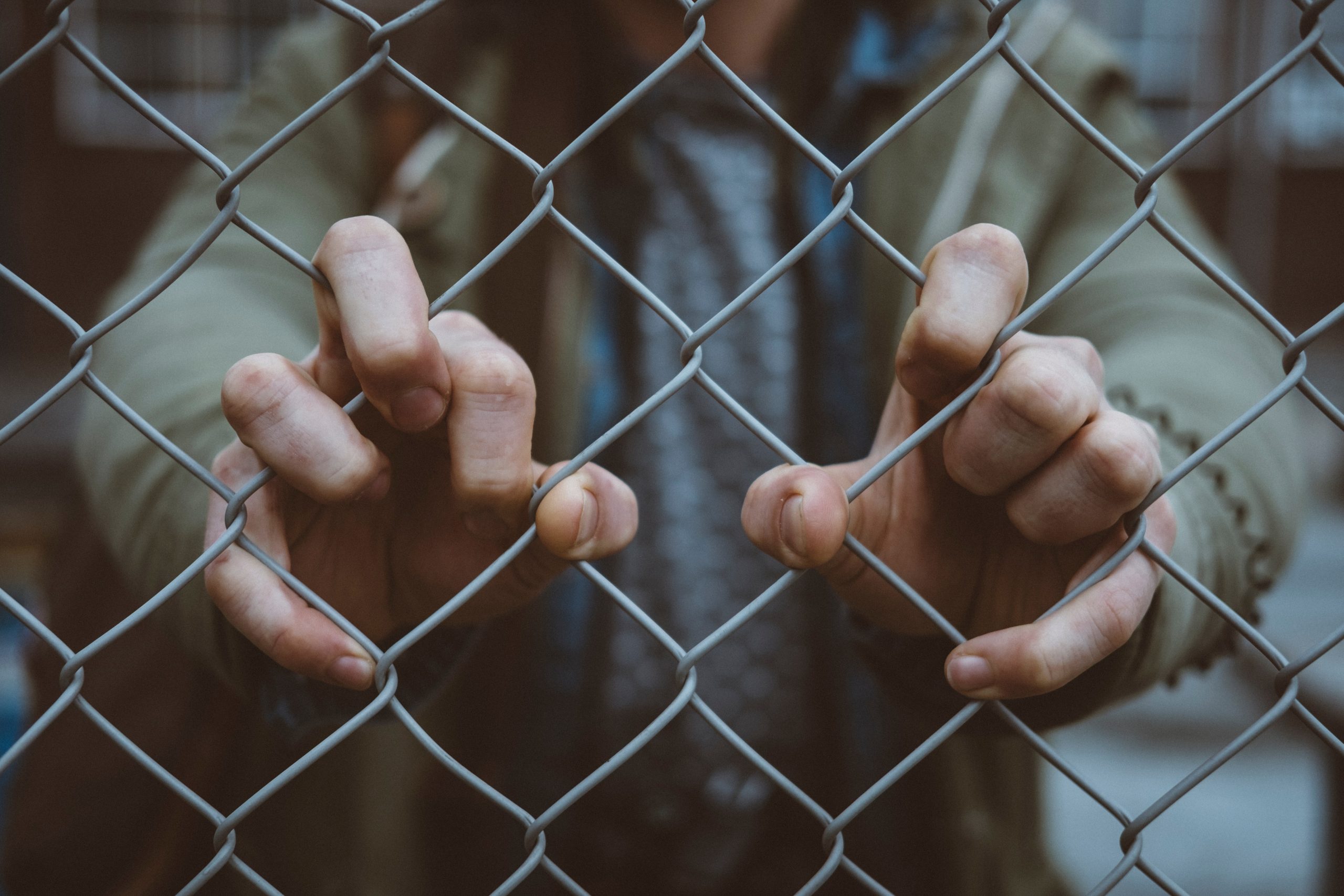Kurt Mahlburg
mercatornet.com
Kurt Mahlburg is a writer and author, and an emerging Australian voice on culture and the Christian faith. He has a passion for both the philosophical and the personal, drawing on his background as a graduate architect, a primary school teacher, a missionary, and a young adults pastor.
In New South Wales, all eyes were on Premier Gladys Berejiklian last Thursday as she announced an easing of restrictions for Sydney residents who have been fully vaccinated, starting mid-September.
Many expressed dismay at how small the changes would be. They include the ability to gather in groups of up to five in one’s local government area or within 5 km of home; and in LGAs under stricter lockdown, an additional hour of recreation outside in addition to the existing one-hour limit.
Arguably, however, this is all displaced disappointment. What Australians should really be reflecting on is just how comprehensively we have forgotten where freedom comes from.
In advance of Berejiklian’s announcement, Sky News teased that she would “give at least one freedom” to those fully vaccinated. Few, it seems, stopped to ask if freedoms are in fact something that can be “given out” by those we have elected.
Thursday afternoon, Berejiklian herself tweeted, “you will have additional freedoms” in September if you come forward for vaccination. Since when is any freedom “additional”? Additional to what?
NSW Health echoed the same refrain on Twitter. People with two doses of the vaccine “will be allowed more freedoms” next month, they wrote.
Unquestioning, major media outlets borrowed the same language. “New freedoms granted” announced the Sydney Morning Herald. Residents “given new freedoms” reported Nine News Sydney.
Ask almost any historian or political philosopher about the origins of liberty in the Western tradition and they will tell you that freedom is not a thing to be withheld or dispensed by rulers. It is a sacred gift of nature and God which constitutional governments are bound to protect.
“Freedom is not a gift bestowed upon us by other men, but a right that belongs to us by the laws of God and nature,” wrote American Founding Father Benjamin Franklin. “The God who gave us life, gave us liberty at the same time; the hand of force may destroy, but cannot disjoin them,” mused Thomas Jefferson. “Liberty must at all hazards be supported. We have a right to it, derived from our Maker,” warned John Adams.
Not every founder of a Western liberal democracy believed in God, to be sure. But the language of God was invoked in the recognition that human freedoms are a sacred, transcendent fact of the universe. They are an inseparable birthright of every human being.
America’s founders eventually put their heads together and in 1776 crafted one of the most powerful documents in history, the Declaration of Independence. “We hold these truths to be self-evident,” they wrote, “that all men are created equal, that they are endowed by their Creator with certain unalienable rights, that among these are life, liberty and the pursuit of happiness.”
Are we being too pedantic in comparing Gladys to the towering greats of the Western tradition? Perhaps. But language matters. Arguably, the language of freedom matters all the more after eighteen months of its interruption.
Australia does not have a Bill of Rights like the United States, but our Constitution does guarantee a range of freedoms, and others have been well established through case law since Federation. Moreover, Australia is a signatory to the Universal Declaration of Human Rights—the standard-bearer of human liberty recognised globally.
Among the multitude of the Declaration’s guarantees are “the right to freedom of movement and residence within the borders of each state” (Article 13); the right “to manifest [one’s] religion or belief in teaching, practice, worship and observance (Article 18); and “the right to freedom of peaceful assembly and association” (Article 20).
The suspension of these freedoms has been possible over the last 18 months only because of a Biosecurity Emergency Declaration made in at the beginning of 2020, and various states of emergency and public health orders declared by Australia’s states and territories.
Night after night, Australians have become accustomed to listening to politicians and health bureaucrats offer the latest diktat on masks, gathering sizes, border closures and the rest. It hasn’t taken long for the average Australian to forget that in normal circumstances, any such laws would have to pass muster through two chambers of a parliament and signed off by a governor.
In this precious window of time as Australia regains its sense of normality and returns to regular constitutional governance, the language of freedom is of utmost importance. The future of our liberty depends on it—because if freedom doesn’t exist in the hearts of Australians, then it won’t long exist in our laws or practice either.
Premier Berejiklian is lifting restrictions for NSW residents. She is repealing mandates. She is even restoring freedom, perhaps.
But she is not granting it, giving it, allowing it, or adding to it. Such words don’t exist in the vocabulary of freedom. Because freedom has always been yours and mine, and it always will be.
Please share this article so that others can discover The BFD.

